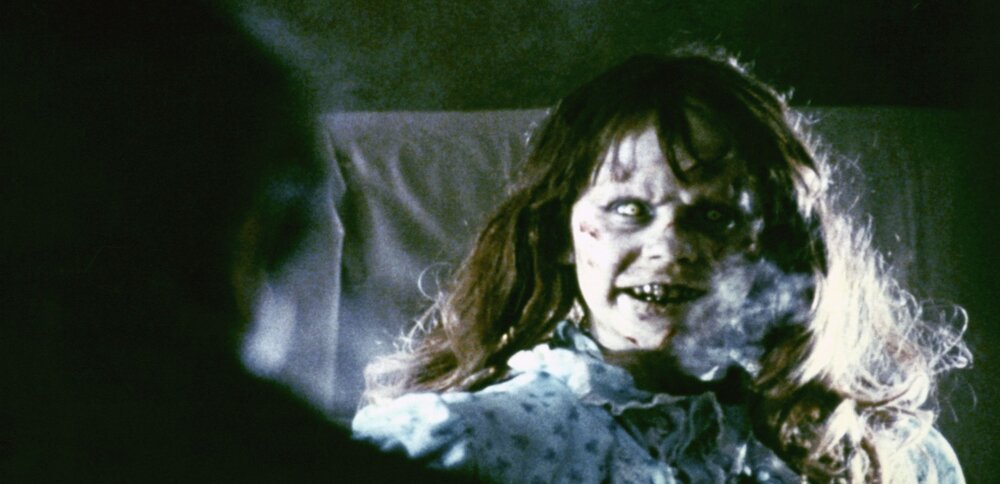In 1896, the silent black-and-white image of a moving locomotive filled a movie screen in Paris, and the people in the theater thought it was going to drive right into them. They panicked and rushed to the exits. The film, L’Arrivée d’un train en gare de La Ciotat, or Arrival of a Train at La Ciotat was produced by Auguste and Louis Lumière, brothers who were pioneers in moving pictures. The movie was not a horror film, but many of the audience members were quite frightened. In that case, one could say that a freight train caused quite a fright!
Strange as it might seems, some people find fright enjoyable, such as those who frequent amusement parks, Halloween parades, and… movie theaters. The Six Flags amusement parks, for example, offer scary environments known as “Fright Fest” in Canada, the U.S., and Mexico.
The question is: Why do some people enjoy getting scared, whether it be in a haunted house or while watching a horror movie?
In an article for The Wall Street Journal, Canadian professor of psychology Paul Bloom asked why some people like scares so much that they seek them out and spend money to experience them.
To the professor, fear is something people should want to avoid because it’s linked with events that can be harmful. Fear prepares us for danger. And yet, some people weirdly seem to enjoy the experience of having a heart beating fast, heavy breathing, and trembling. These, explained Bloom, are sensations that one could feel just as easily by doing push-ups and jumping jacks.
Bloom reported that a study conducted at Markoff’s Haunted Forest, an amusement park in Maryland, found that people who said they were unafraid of the zombies and chainsaw-wielding murderers featured in the park also had more of a history of antisocial behavior, and that they find it hard to enjoy horror movies because they’re not scary enough.
According to an unrelated October 2022 report, approximately 35 percent of men surveyed in the U.S. said they had watched a horror movie in theaters between one and 12 months preceding the survey. Among female respondents, that share was 21 percent. Scary movies, like the homicidal Winnie-the-Pooh: Blood and Honey (a take from the children’s tale) are now even used to fill movie theaters.
Scientifically, one reason people consume horror is to experience stimulation, but in opposing ways: negatively (in the form of fear) or positively (in the form of excitement). Watching a horror film activates both types of stimulation, with the most pleasure experienced at the most fearful moment. The biochemistry of the body also changes when people consume horror. Fright can trigger the release of adrenaline, resulting in heightened sensations and surging energy.
Finally, it has yet to be formally proven that there is a correlation between horror movies and nightmares.











Leave A Comment